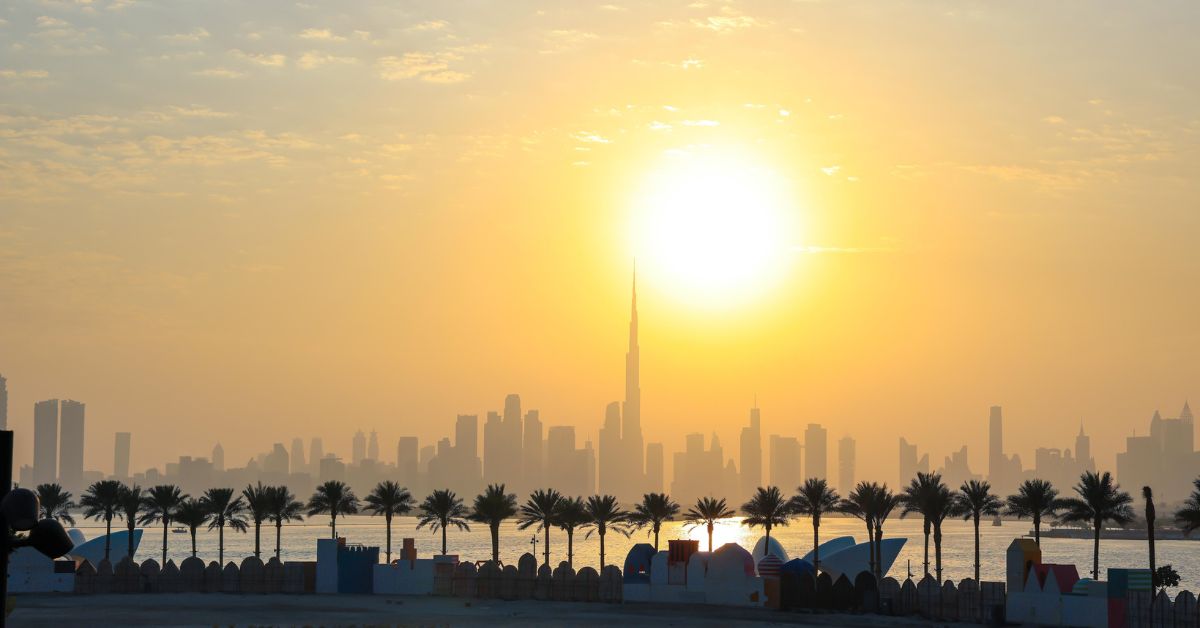Dubai, UAE – Dubai government on Thursday approved several initiatives to stimulate the industrial sector in the emirate besides announcing incentives for the agricultural technology sector, and a policy banning single-use pla
The initiatives to boost industrial sector is in line with the goals of the Dubai Economic Agenda D33 and aims to increase manufacturing value added (MAV) by15.79 billion, equivalent to 2.5 times the sector’s current value.
The plan is designed into three key programmes spanning the 2024-2033 period: The National Program supports all manufacturing companies, the Special Program caters to priority sectors, and the Strategic Program fosters growth through exemptions, investments in infrastructure, and capital facilities.
Empowering the agricultural technology sector
The Executive Council endorsed a plan to double the size of Dubai’s agricultural sector by 2033. This strategic initiative aims to position Dubai as a global leader in adapting and deploying agritech, transforming the city into a hub for agricultural research and innovation. This endeavour will attract international corporations and nurture local enterprises, contributing to economic growth, enhancing competitiveness and supporting food security.
The incentive package encompasses five main areas, including investment benefits and fee exemptions, competitive financing loans, research and development platforms, attracting world-leading companies and facilitating local market entry for local producers.
The approach involves streamlining agricultural licensing, offering exemptions from government fees, attracting specialized talents, and strategic partnerships to support growth. Notably, it aims to stimulate the use of clean and renewable energy sources in agritech. The plan seeks to attract major global companies, emerging firms and local enterprises while promoting the consumption of locally produced goods.
The Executive Council also approved the Government Procurement Program’s In-Country Value Program, an initiative to support local businesses, boost SME growth, and promote local production.
In alignment with the Dubai Economic Agenda D33’s goals, the programme adds local production evaluation criteria to government procurement tenders and requires government departments to allocate a percentage of purchases to SMEs. It also seeks to include clauses in procurement contracts with financing options for SMEs to ensure higher participation in the government procurement process. The programme establishes a local content management department to support and direct government procurement of local content.
The Executive Council has extended its single-use bags reduction policy to encompass more plastic materials as part of the phasing out of single-use plastics by 2026. This policy now extends to items such as single-use plastic bags, tableware and styrofoam containers.
Community awareness campaigns, led by government departments and private retailers, continue to promote eco-friendly alternatives to single-use plastics. A recent survey reflects a strong desire for single-plastic alternatives, with 72% of Dubai’s community members expressing willingness to adopt eco-friendly options. The survey also showed 62% of individuals already use environmentally friendly alternatives, and 71% of hotels, 67% of shops and 50% of restaurants in Dubai are in the process of transitioning towards sustainable alternatives.








